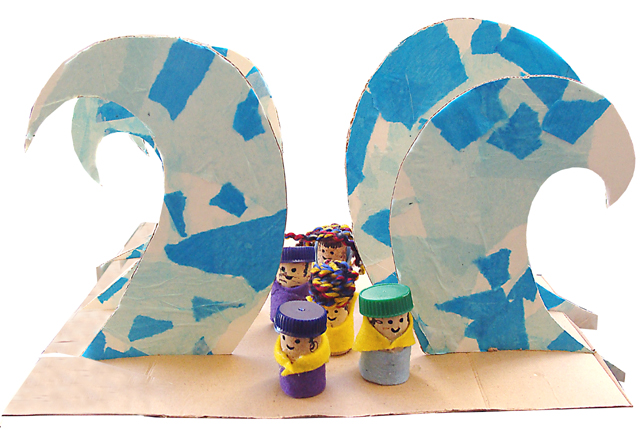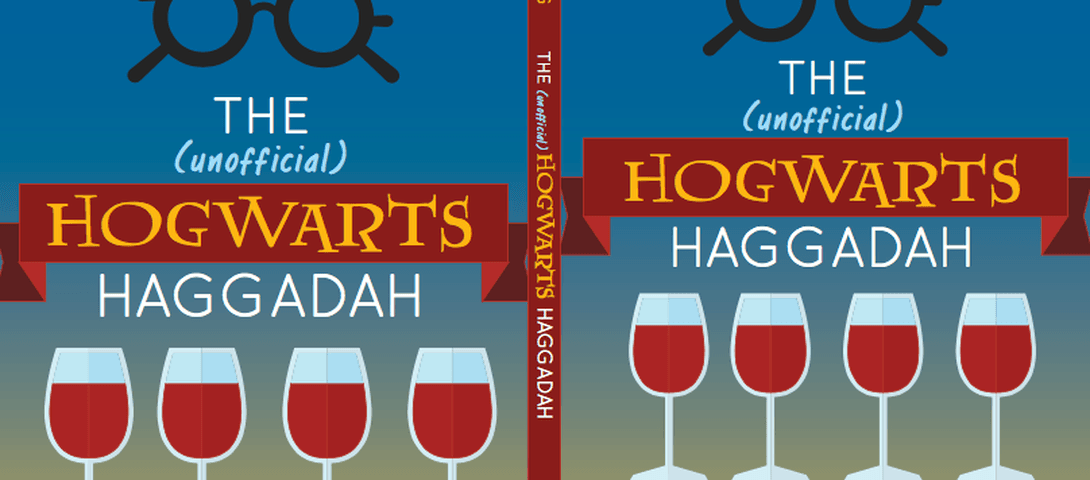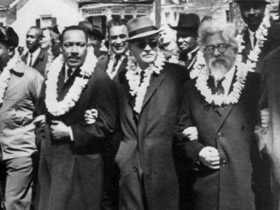SPOILER ALERT: If you are even farther behind the times than me, this post will ruin a small subplot from Season 2 of the Amazon Original Series, The Man in the High Castle.
I know what Nazi doctors like Józef Mengele did in Auschwitz, but that does not make it any easier to stomach Dr. Gerhard Adler. Adler is the “kindly” old physician in the Amazon series The Man in the High Castle, the disturbing alternate reality drama in which the Nazis and Japan won World War II and divided the United States between them. Season 2, Episode 3 finds Adler in a well-appointed study on Long Island, pronouncing a death sentence.
Read More



